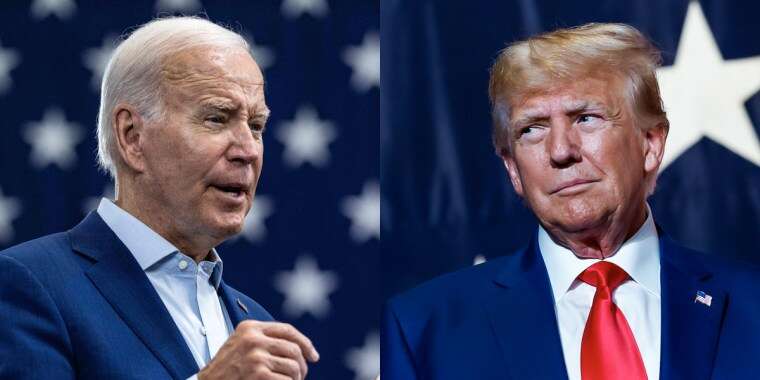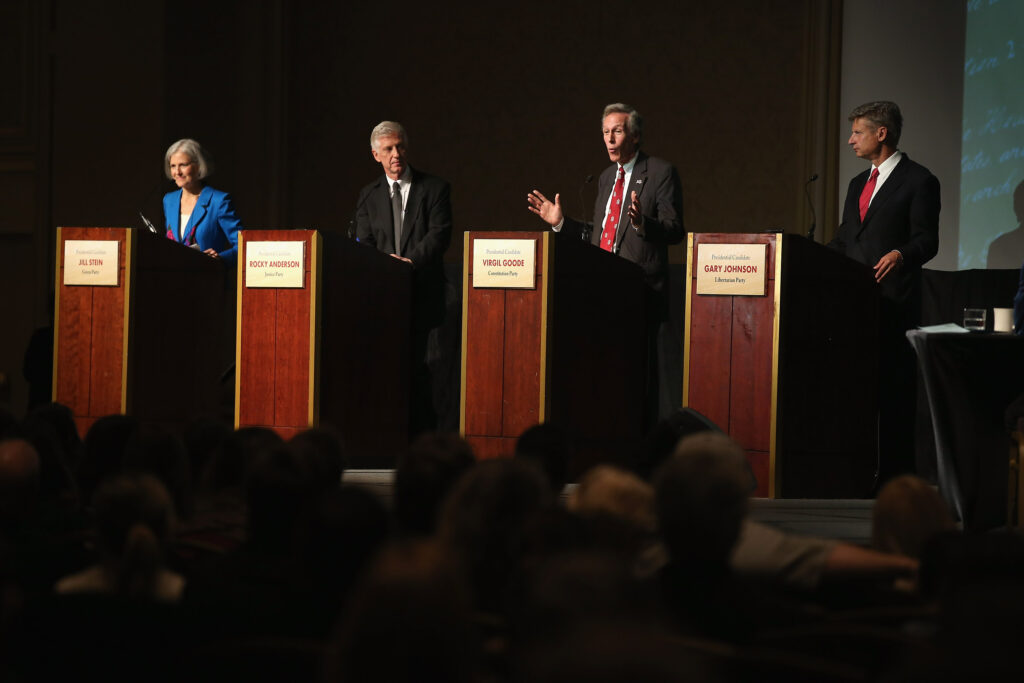Table of Contents
Introduction
The notion of a rematch between President ( presidential Rematch)Biden and former President Donald Trump in the upcoming election has elicited a decidedly mixed response from registered voters, according to a recent Monmouth University poll. Notably, enthusiasm from the general electorate appears to be muted, highlighting the lingering divide amongst voters and emphasizing a pervasive weariness or skepticism toward the possible rehashing of the 2020 electoral contest.
Dichotomy of Party Loyalty:
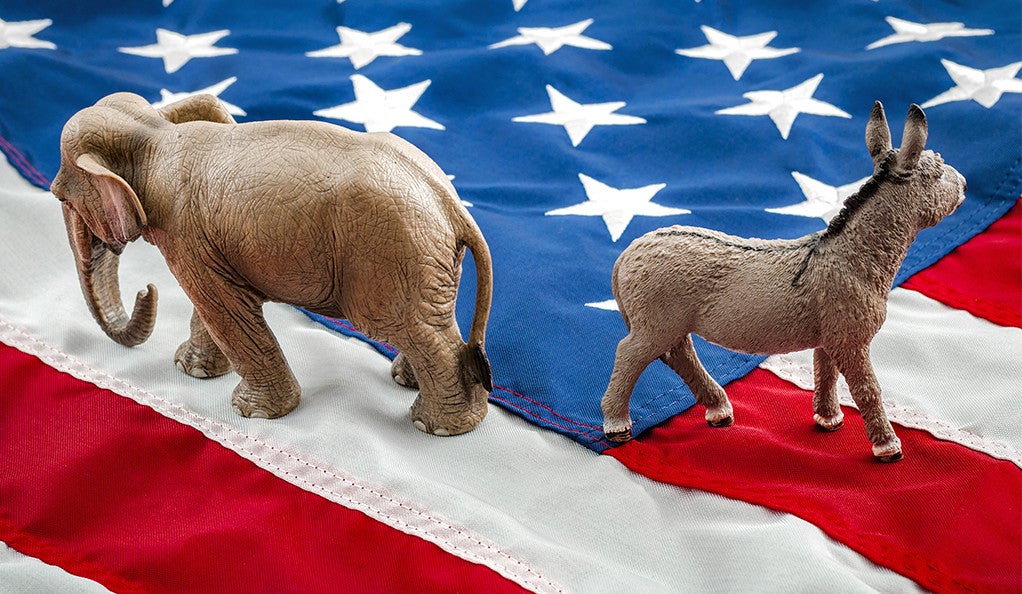
Delving deeper into the numbers, a complex narrative emerges wherein loyalty and enthusiasm within the respective parties of the potential candidates are distinctly asymmetrical. The data reveals that 37% of voters exhibit enthusiasm about Trump potentially reprising his role as the Republican nominee, whilst Biden engenders enthusiasm from 32% of voters for a Democratic re-nomination.
Despite this, a significant portion of respondents, exceeding half, expressed a complete lack of enthusiasm for either candidate, unearthing a noteworthy void in voter passion that could hint at a broader dissatisfaction or a craving for fresh leadership within the electorate. It poses a crucial question: what is driving this apathy and could it have a tangible impact on voter turnout in the forthcoming election?
Scrutinizing the Enthusiasm Gap:
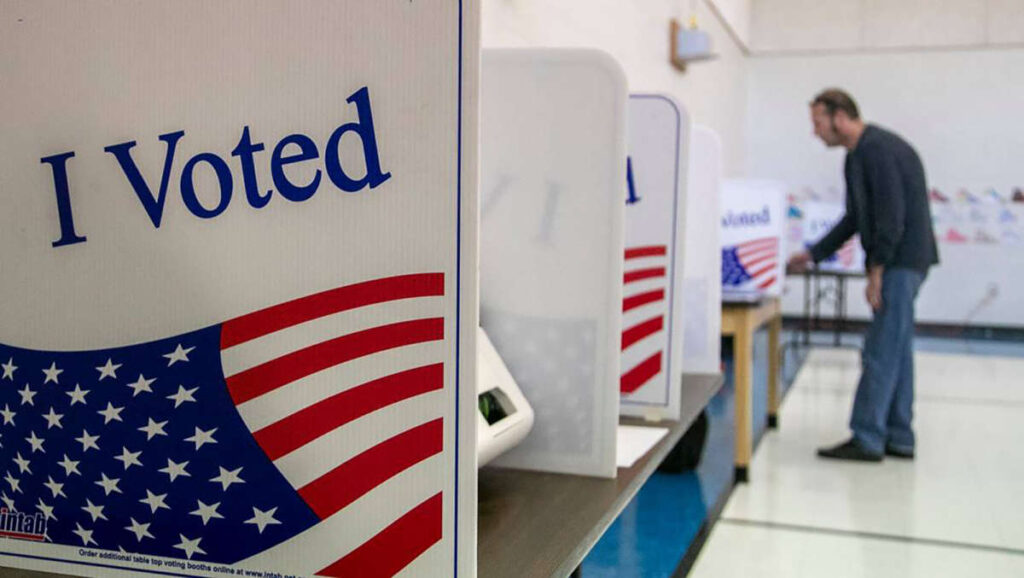
The enthusiasm gap between Republicans and Democrats paints a fascinating picture of internal party dynamics. A hearty 78% of Republicans express enthusiasm about Trump, while Democrats display a somewhat more tepid response to Biden, with 68% in favor. When narrowing the lens to those expressing ‘very enthusiastic’ sentiments, the disparity widens – 49% for Trump against a modest 29% for Biden. What underlying factors are contributing to this divergence in intraparty zeal? The motivations behind these disparities beg further exploration and provoke queries regarding party unity and voter satisfaction with their representative figures.
Age Perception and Its Peculiar Bias:
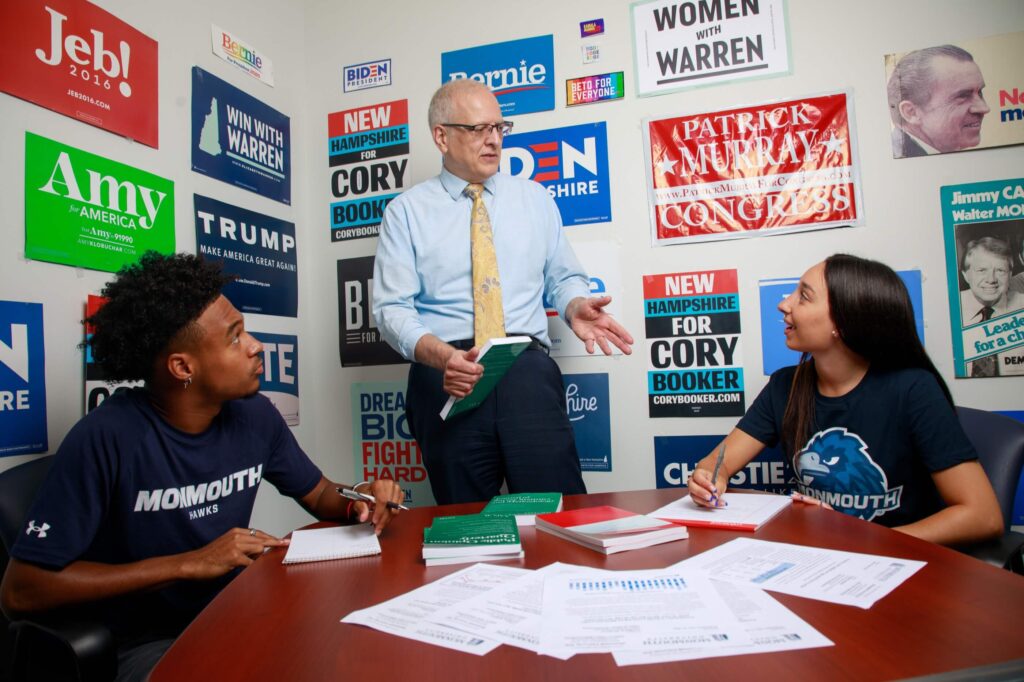
One striking discovery within the poll surrounds the perception of age and its potential impact on efficacy in office. Both men, born within a mere three and a half years of each other, are viewed through strikingly different lenses when it comes to the question of age-related capability. A substantial 75% of respondents conveyed reservations about Biden’s age impacting his effectiveness in a second term, a skepticism shared by only 50% of voters when considering Trump. Patrick Murray, Director of the Monmouth University Polling Institute, pointed out the stark contrast in public perception, positing that while age is undoubtedly a factor in voter hesitancy, it is likely entwined with other, unspecified reasons contributing to the overarching lack of enthusiasm for a 2020 do-over.
Independents, Enthusiasm, and Electoral Impact:
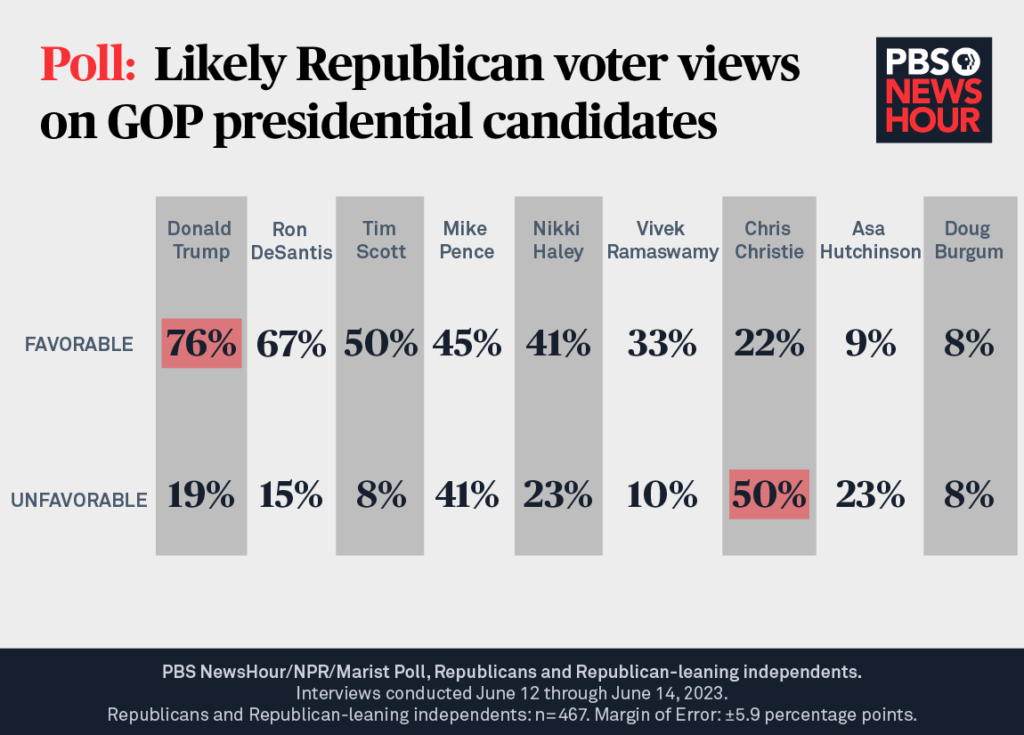
When isolating independent voters, their enthusiasm, or lack thereof, for Trump and Biden stands at 35% and 19% respectively. Their potential sway in an election where neither candidate has managed to capture overwhelming support from their party or the general electorate cannot be underestimated. Coupled with the fact that slightly more than 40% of polled voters stated they would ‘definitely’ or ‘probably’ vote for either Trump or Biden, and a significant 55% indicating the opposite, the role of independent voters could be pivotal.
Concluding Thoughts:
The poll, conducted from September 19-24 amongst 737 registered voters, with a margin of error of 4.5 percentage points, casts a shadow of uncertainty over the potential Trump-Biden rematch. It underscores a critical point: the electorate’s enthusiasm, or perhaps more accurately, their dispassion, could significantly sculpt the campaign strategies, rhetoric, and policy focuses as both potential candidates move forward.
Will the apparent ennui prompt a shift in political strategies, pushing the parties to seek alternative candidates who might reinvigorate a seemingly disillusioned voter base? Or will the current trajectory persist, potentially culminating in an electoral contest defined not by voter passion and engagement, but by indifference and strategic voting aimed at the lesser of two non-ideal options? Only time will unveil the ultimate impact of these dynamics on the American political landscape.
